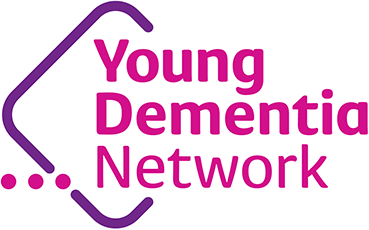Misdiagnosing dementia: findings from a systematic review on frequency, impacts and experiences
Misdiagnosis is one of the key reasons for people with young onset dementia experiencing delays in understanding their symptoms and receiving an accurate diagnosis.
During the webinar, Dr Giebel discussed misdiagnosis in dementia and the existing evidence on the topic within the context of inequality. She gave an overview of what inequalities in dementia are, including age, discuss the innovative, awareness-raising Dementia Inequalities Game before specifically focusing on the issue of misdiagnosis as a barrier to receiving dementia care.
Together with the European INTERDEM Taskforce on Inequalities, Dr Giebel has recently completed a systematic review on the evidence of misdiagnosis in dementia. She discussed these findings, which are not available yet in the published literature, and highlighted the implications of a misdiagnosis, including for those aged below 65 years of age and their family.
Dr Clarissa Giebel is Senior Research Fellow at the University of Liverpool and the NIHR Applied Research Collaboration North West Coast. She is leading the Institute’s Dementia Research Group, focusing on inequalities, and leading national and international research on inequalities in dementia, including the European INTERDEM Taskforce on Inequalities in Dementia.
A personal perspective on the implications of misdiagnosis in young onset dementia was featured in an interview between Catherine Kiely, Young Dementia Network Coordinator and Chris Maddocks, who is living with young onset dementia. You can watch it here.
Click here to view the slides from the presentation.
Webinar date: July 2024
